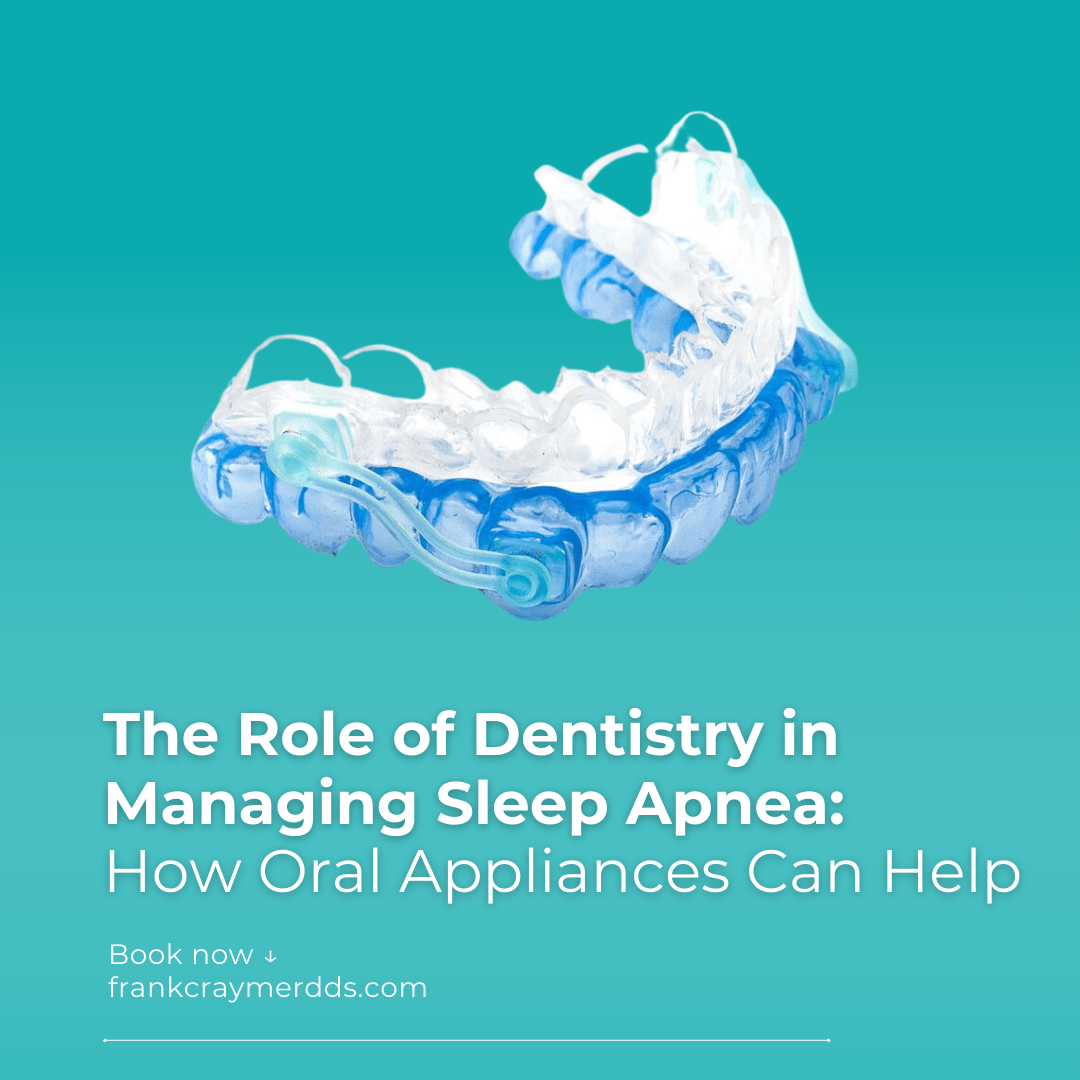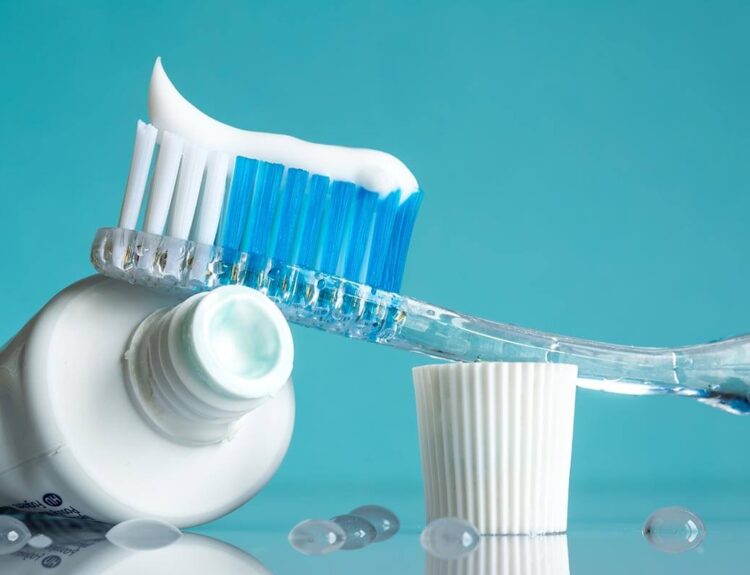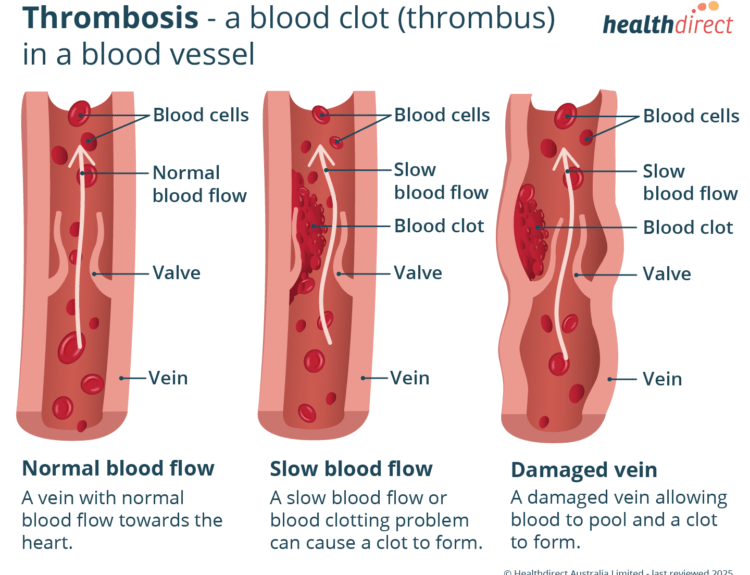Obstructive Sleep Apnea (OSA) is a common yet serious sleep disorder characterized by repeated interruptions in breathing during sleep. These pauses can last from a few seconds to minutes and may occur multiple times per hour, leading to poor sleep quality, daytime fatigue, and even severe health complications like hypertension and heart disease. Though Obstructive Sleep Apnea is generally managed by sleep specialists and physicians but dentists also play an important role in its diagnosis and treatment.
How Dentists Contribute to Sleep Apnea Management
- Early Detection and Screening
Many patients visit their dentists more frequently than their physicians, making dentists well-positioned to identify signs of Sleep Apnea. Dentists can look for symptoms such as:
Excessive tooth wear: Excessive tooth surface loss is a common finding due to teeth clenching in patients who suffer from OSA. It leads to damaging enamel and altering tooth structure. Over the period of time, teeth grinding wear away the biting surfaces, causing:
Flattened or chipped teeth causes Loss of natural contour of the teeth.
Sensitivity: Exposed dentin leads to pain with hot/cold foods.
Cracks and fractures: enamel show superficial or deep cracks. They increase the risk of tooth damage.
Jaw Joint (TMJ) pain: Jaw strain from prolonged pressure.
A small or recessed jaw: It contributes to airway obstruction.
Crenated tongue edges: It indicates frequent tongue thrusting against teeth due to airway blockage.
Dry mouth: It increases risk of cavities and gum disease.
By recognizing these clinical features, dentists can refer patients to sleep specialists for further evaluation and treatment.
- Providing Oral Appliance Therapy (OAT)
One of the most effective non-surgical treatments for OSA is an oral appliance. Dentists trained in dental sleep medicine can custom-fit these devices, which work by:
Repositioning the lower jaw (mandibular advancement device): It helps keep the airway open.
Stabilizing the tongue (tongue-retaining device): It prevents the tongue from blocking the throat.
These appliances are comfortable, portable, and often preferred over Continuous Positive Airway Pressure machines by patients with mild to moderate OSA.
- Collaboration with Sleep Specialists
Dentists work alongside sleep physicians to ensure a multidisciplinary approach. After a sleep study confirms OSA, a dentist can design a custom oral appliance tailored to the patient’s needs. Follow-up visits ensure proper fit and effectiveness.
- Managing Related Dental Issues
Sleep apnea often triggers nighttime teeth grinding (bruxism), TMJ disorders, and chronic dry mouth, worsening overall oral and dental health. To combat these effects, dentists provide customized night guards, muscle-relaxing therapies, and personalized lifestyle recommendations for relief.
If you snore loudly, wake up gasping, or feel excessively tired during the day, consult your dentist. He/ she could be your first step toward better sleep and improved overall health
Read our full disclaimer.



